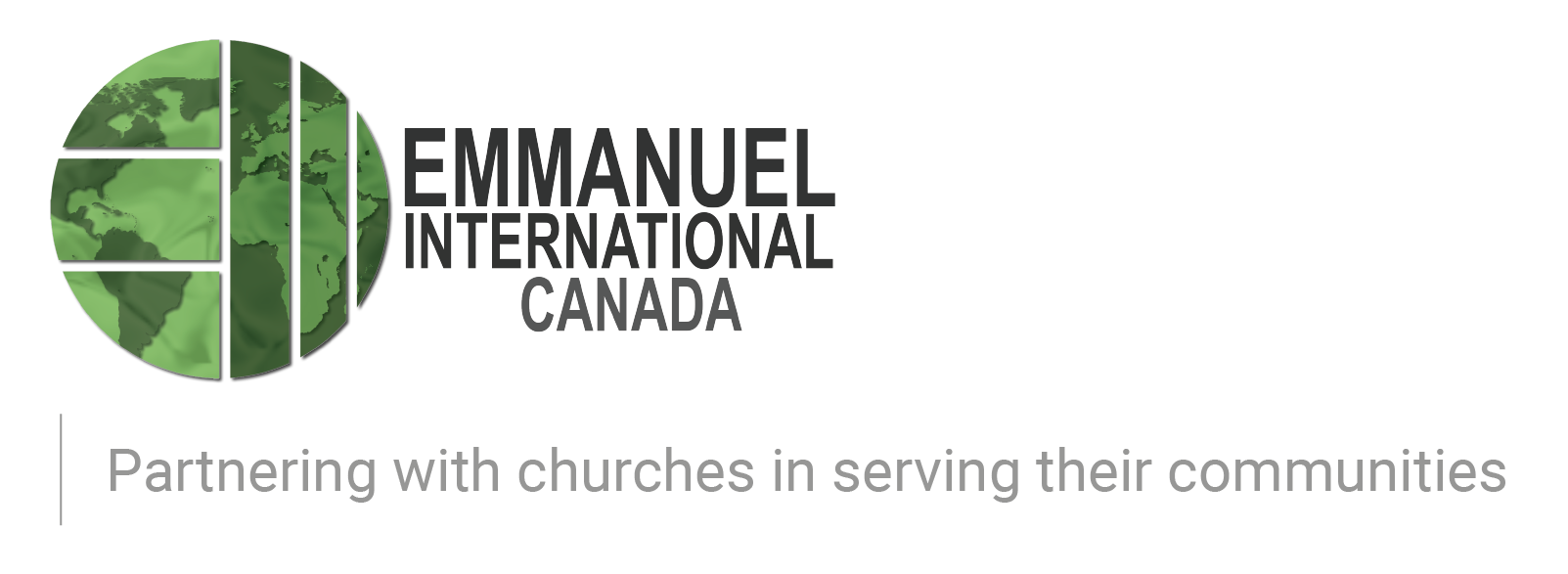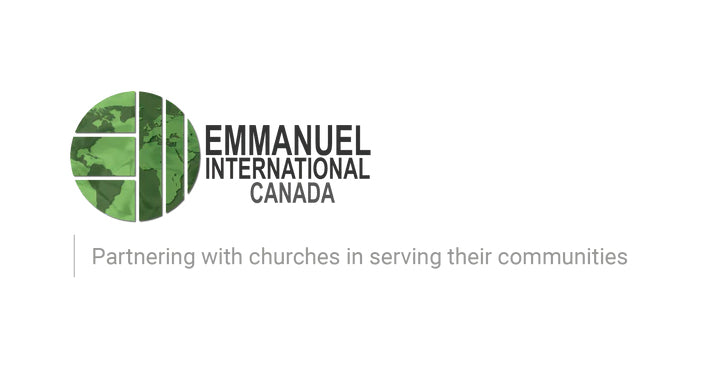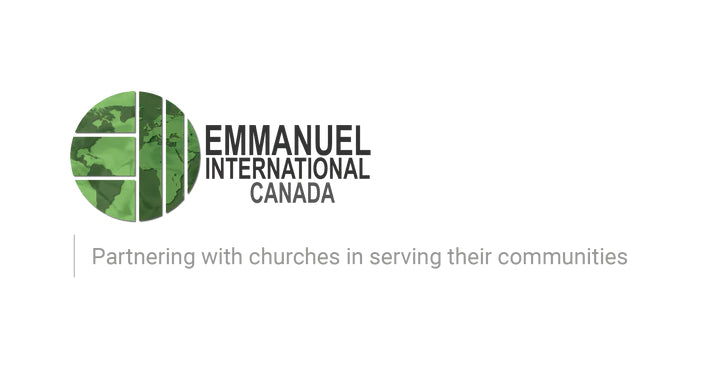Many factors contribute to world health, with one of the greatest influences being the availability of safe drinking water for people. The United Nations recently announced that they have reached their millennium goal of at least 88% of people having access to safe drinking water. Unfortunately, nearly 40% of the people without safe drinking water reside in sub-Saharan Africa and approximately 2.5 billion people around the world still live without basic sanitation. Safe water and sanitation are key parts of improving overall health.
Without clean water, the possibility of breaking out of the cycle of poverty is incredibly slim.
With unclean water sources often miles from villages, many of the able-bodied members of a community are forced to spend hours each day simply finding and transporting water. The typical container used for water collection in Africa, the jerry can, weighs over 40 pounds when it’s completely full.
Imagine how demanding it would be to carry the equivalent of a 5-year old child for three hours every day. And some women carry even more, up to 70 pounds in a barrel carried on the back. That’s like carrying a baby hippo.
Emmanuel International (EI) has implemented Water and Sanitation Projects in Malawi. Currently, only 57% of the population in Malawi has improved sanitation facilities. That leaves 43% of the population at high risk of preventable water borne diseases!
Emmanuel International Canada is making a difference on World Health Day, creating a healthier world in Developing Countries.




Leave a comment
All comments are moderated before being published.
This site is protected by hCaptcha and the hCaptcha Privacy Policy and Terms of Service apply.